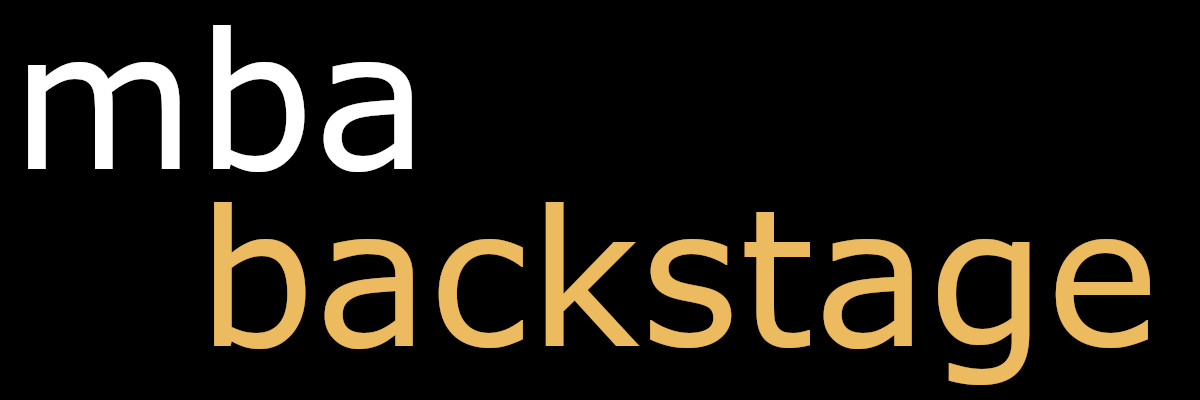The “Pitching Factor” and final Application Strategy Tips

The “Pitching Factor” – your magic ingredient
This is not necessarily a separate evaluation category that schools use, but it is so important that it deserves its own section of this page.
Admissions committee members will have seen hundreds (maybe even thousands!) of similar profiles to yours, and even though they try to make the process as objective as possible, they are more likely to fight for an applicant that they remember.
In MBAs, you’ll learn to work on your “elevator pitch” for post-MBA recruitment. It’s basically a 30 seconds introduction to you and what you are looking for, the perfect summary of what you would want to say to the CEO of your dream company if you were to meet them in an elevator. You need to identify 2-3 memorable sentences that define you for you target business school and then build your application around it. It could be “the software programmer who had a temporary memory loss following a car accident and who now wants to start an app to help people remember things”.
A good test of this is the following: imagine you are in a lecture theatre with 400 new MBA students and you listen to your 30 seconds pitch. Would you think “I want to get to know that person” or “I’m gonna tell my friends that I’m studying with this guy / girl”? The answer should be yes. This is the kind of test that an admissions committee member will be using to decide whether you will be a useful addition to the class.
You may think that your background is really boring. That’s fine, because remember that you are competing with people who have similar profiles. Force yourself to find a few unique and unusual things that define you as a person and fit with your career vision. Honestly, the vast majority of applicants spend way too much time worrying about their GMAT score and not enough time working on what makes them unique.
Once you have defined your “pitch”, you should use it challenge any sentence that you’re considering including in your application, and check whether it fits with that story, or at least that it doesn’t contradict it!
Leverage community work and extra-curriculars
Use as much community work and extra-curricular experiences as possible (if the experiences are relevant!). This is important for showing that you have a life outside work and that you are open-minded.
Hobbies and non-professional activities show that you are not a sociopath! They also demonstrate that you have the energy and drive to explore things in your spare time. Community work shows that you don’t just think about yourself. Both prove that when the stress of MBA exams and interviews arrive, you will still be able to take part in the school’s community.
Having examples throughout your life is much more powerful than only having one recent example. Schools are suspicious of applicants who have suddenly turned into Mother Teresa just before applying!
Later round applications are better than failed ones – iterations are key
It will take time to produce a refined, coherent and interlinked application. We strongly believe that for most people, waiting until the following round (even if that’s the 3rd or 4th round) is the right choice if it allows to have a few more iterations. A good test is the following: when you or someone else reviews your essays / CV, do you decide to change more than a few words? If you change entire sentences or part of the structure, it probably means your application is still not quite ready.
We are serious about this. 50% of the value of an application is not so much the ingredients but how that is combined and articulated on paper. Most applicants miss out on 30-40% of the value by rushing their application.
Don’t neglect the application forms
Some people fill in the application forms at the last minute. Not only may you find a hidden mini-essay in there, but also it can show a lack of interest to the school and may even look suspicious if the written paragraphs look much less refined than your essays. They may think someone else wrote your essays!

0 Comments